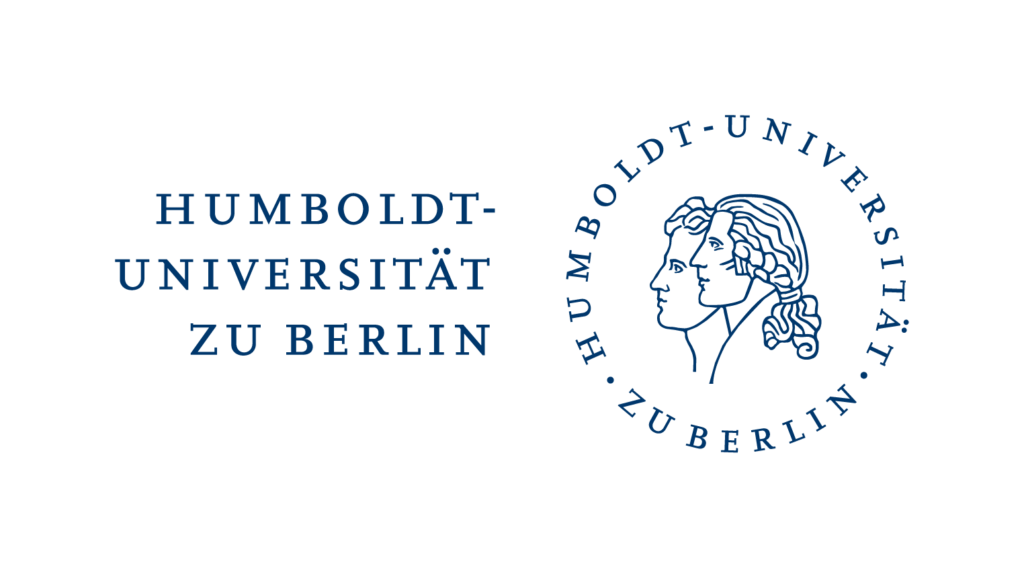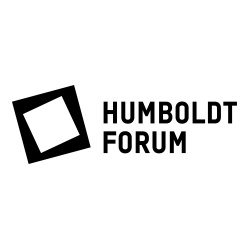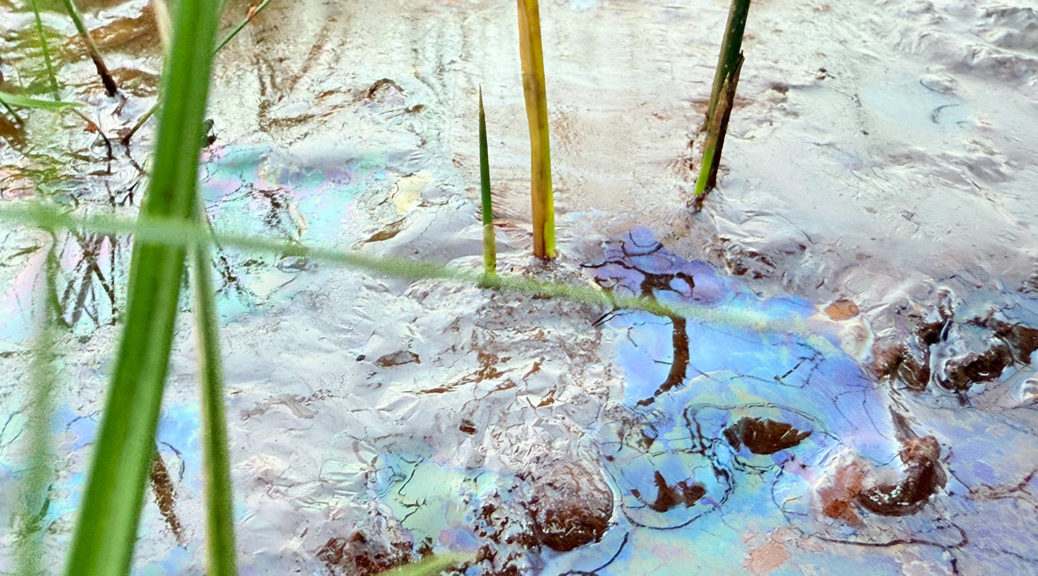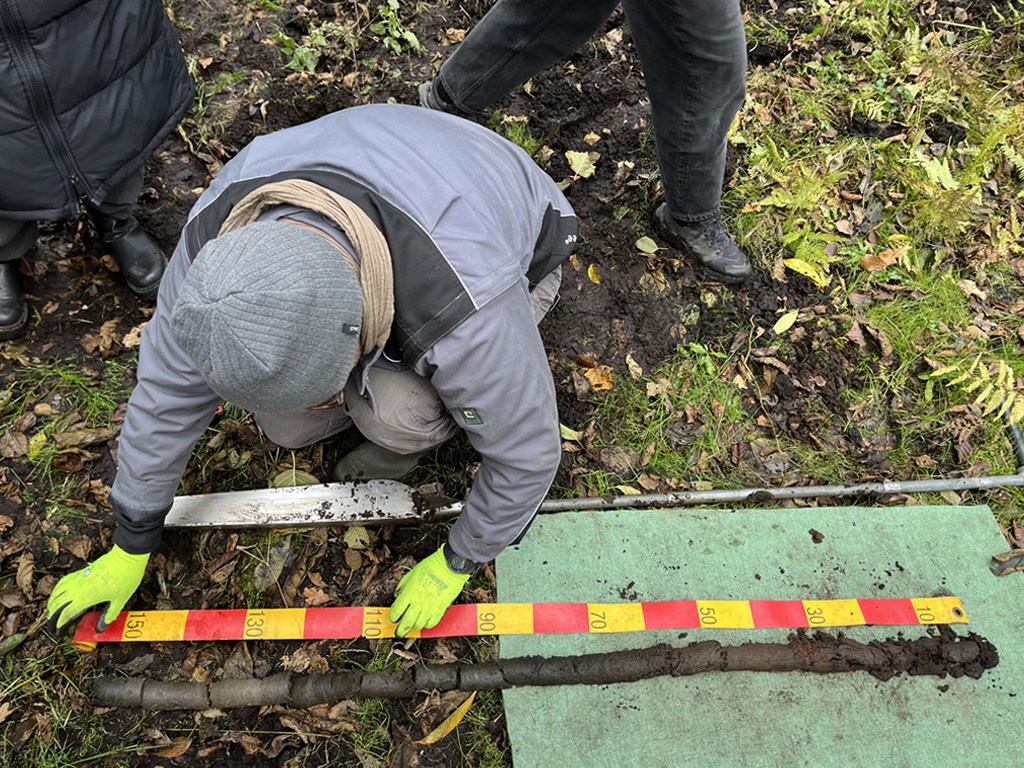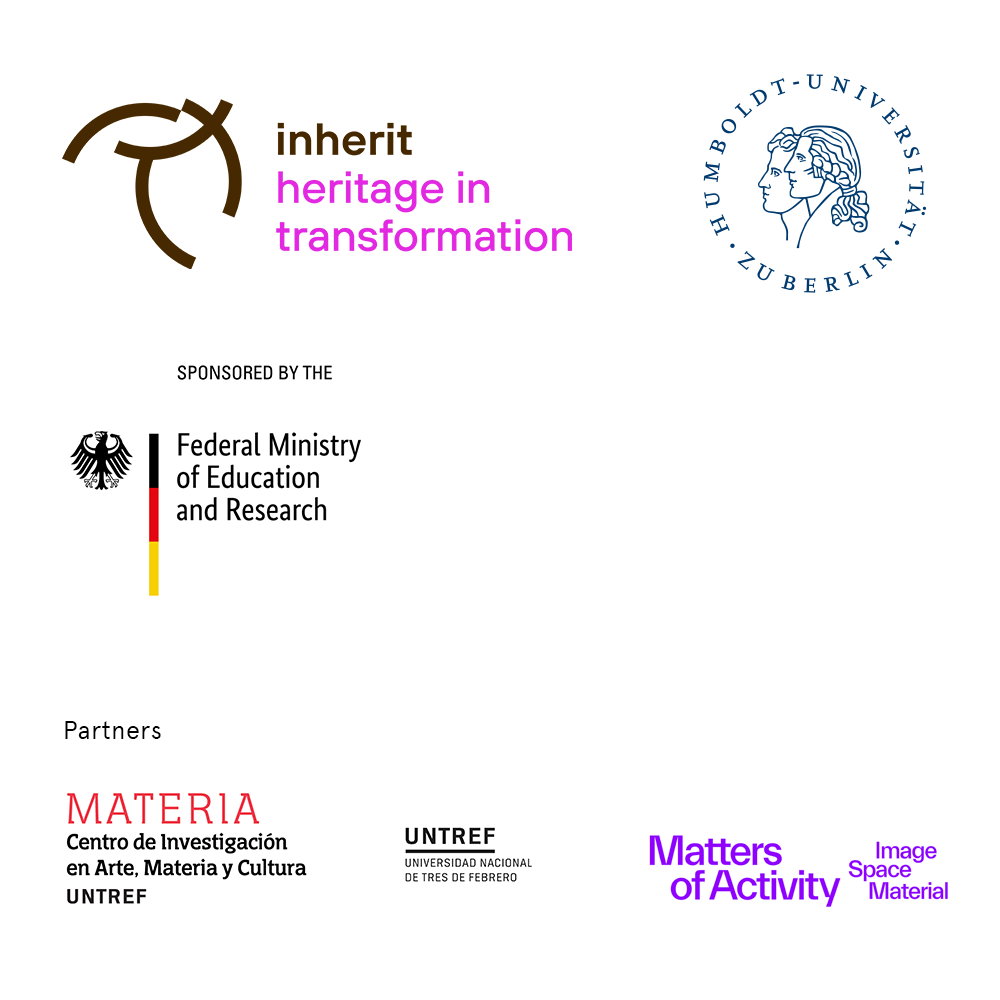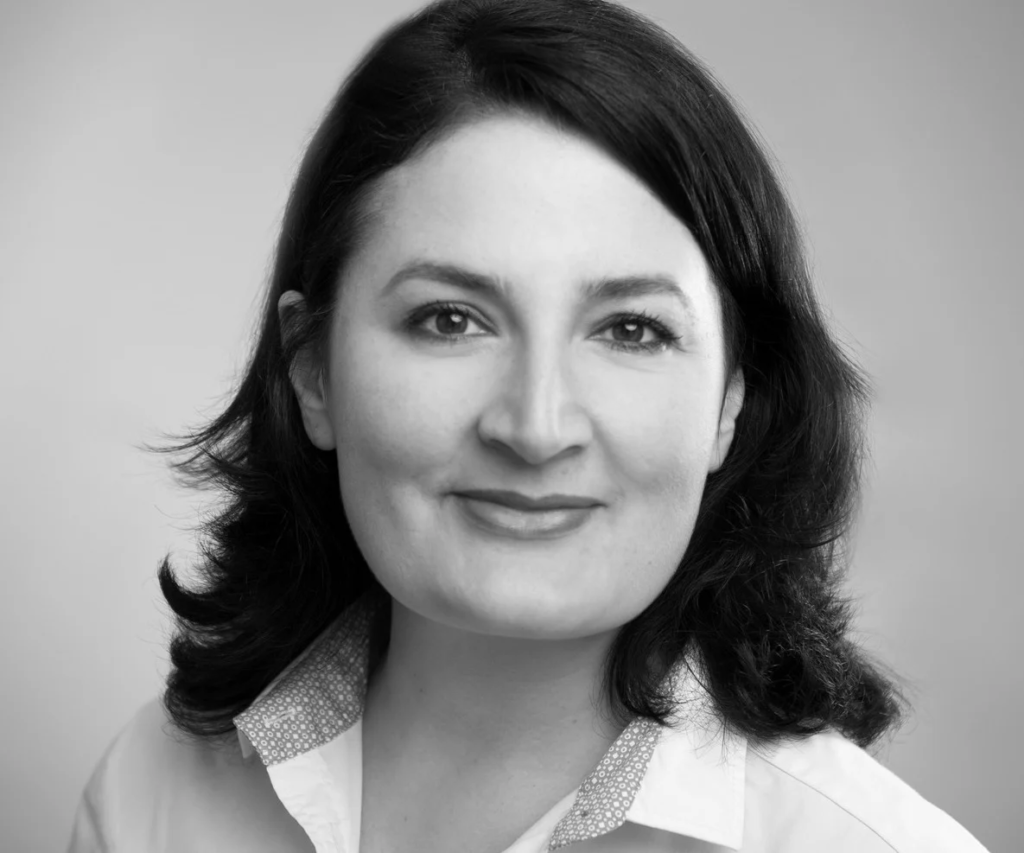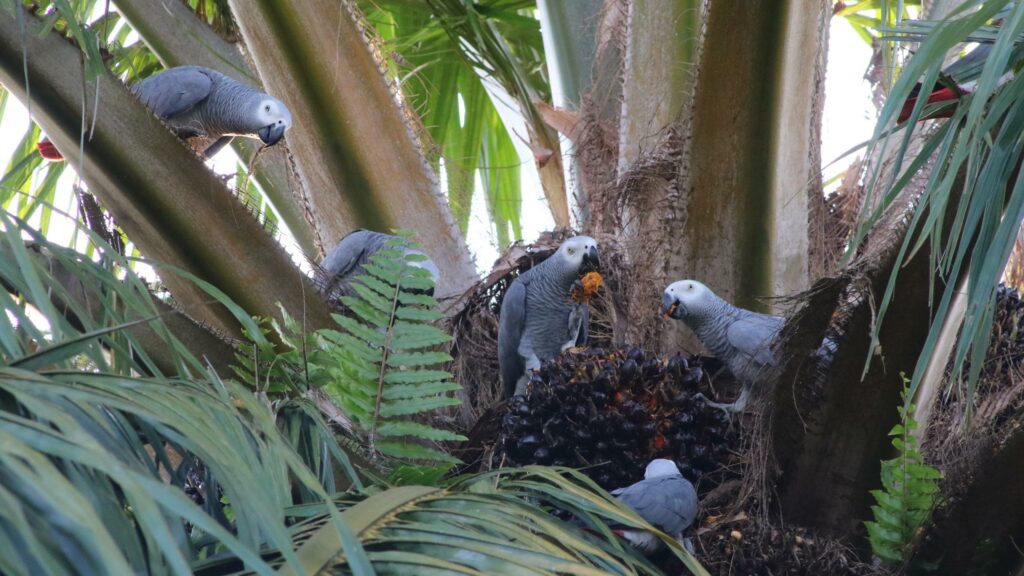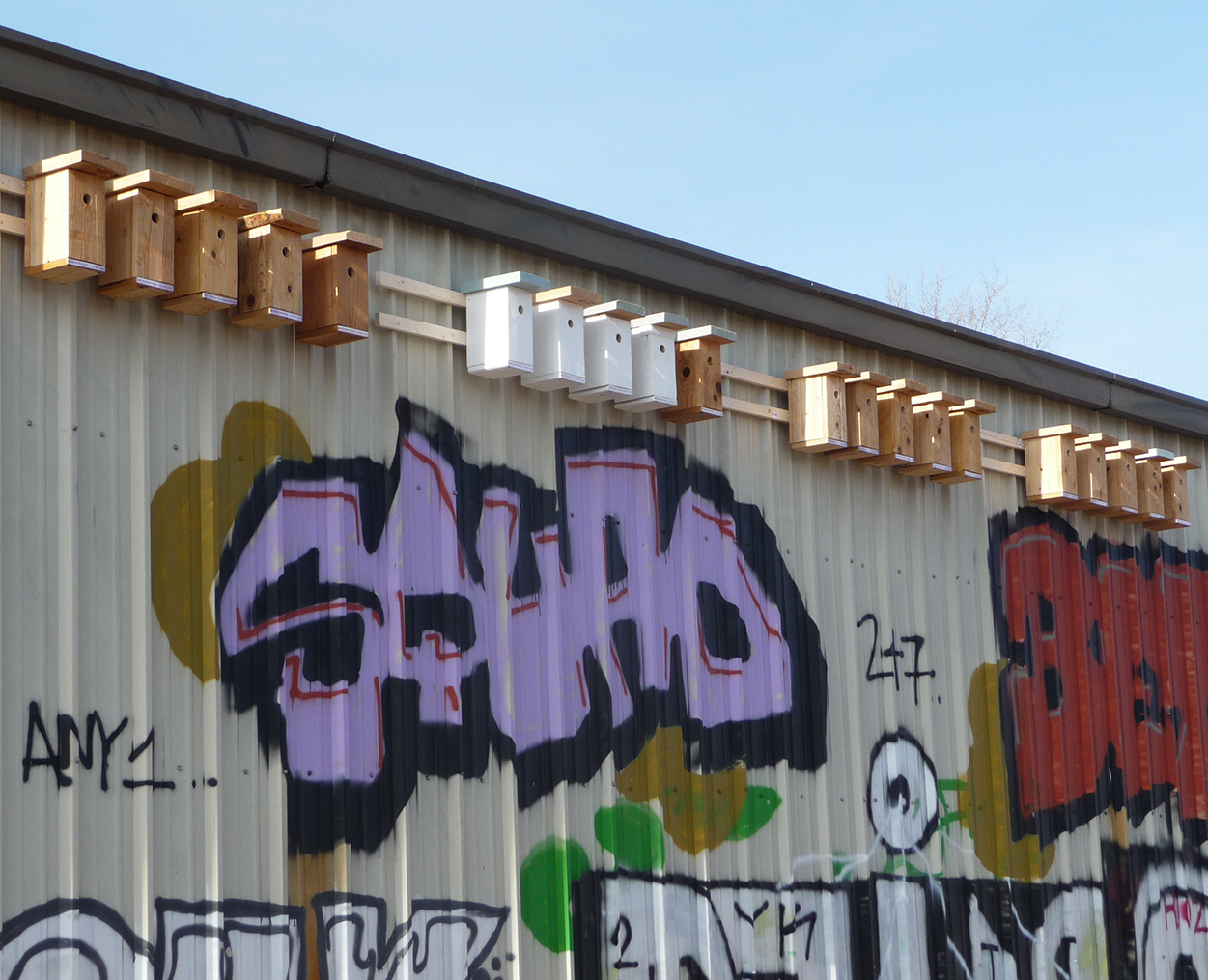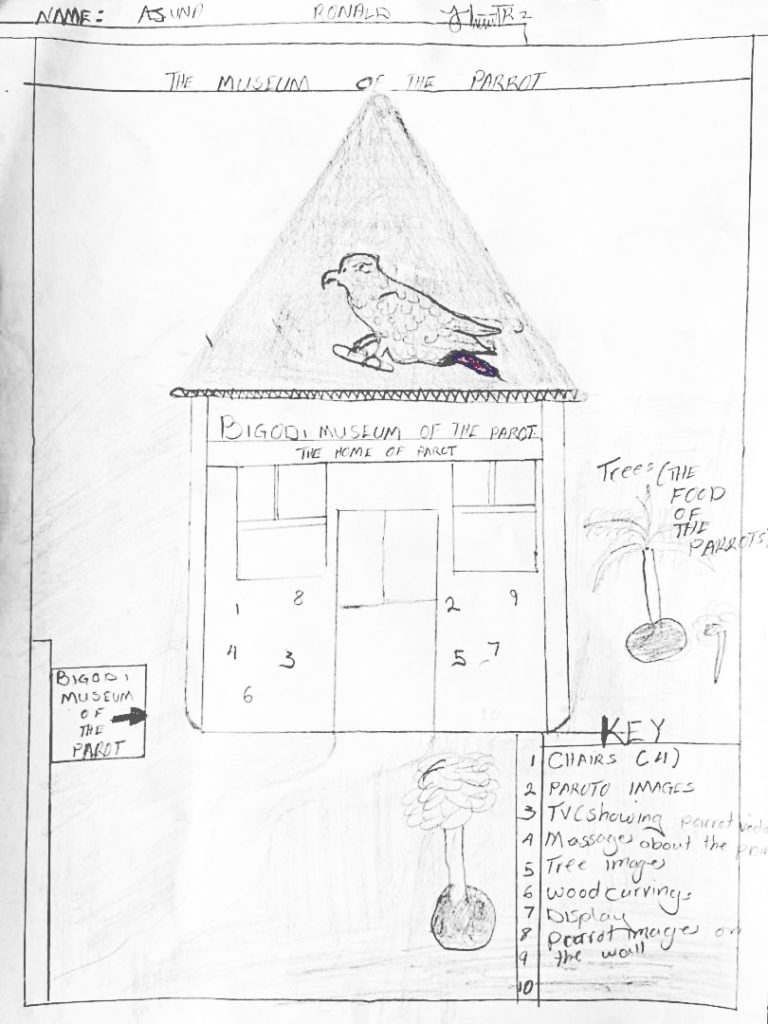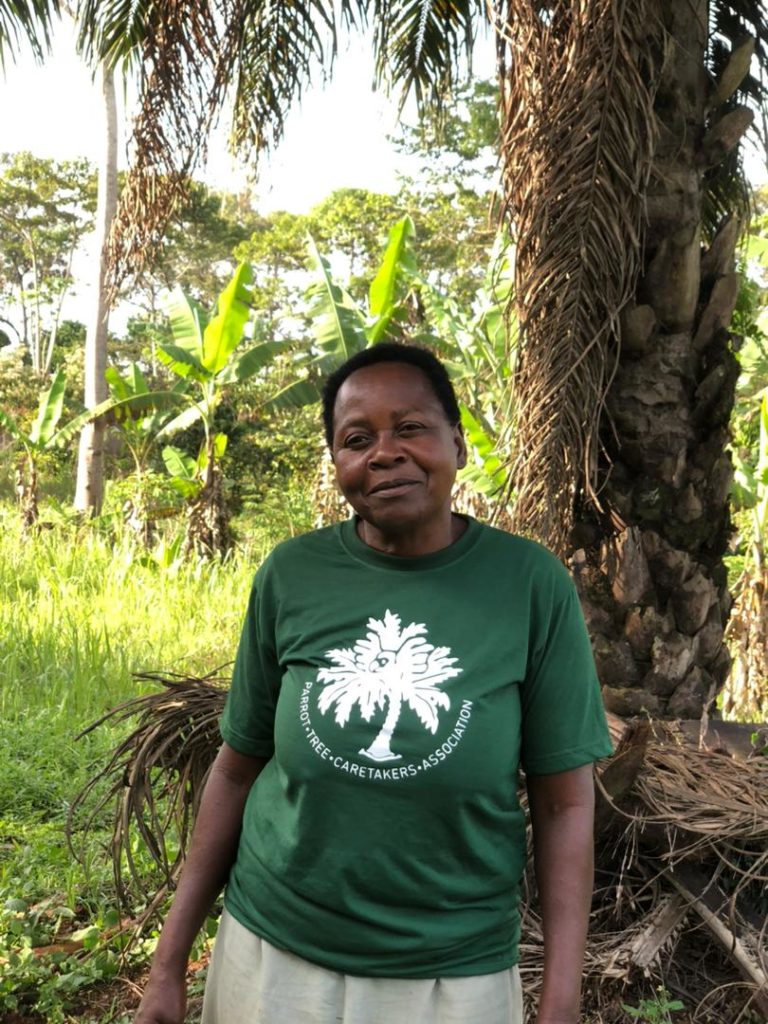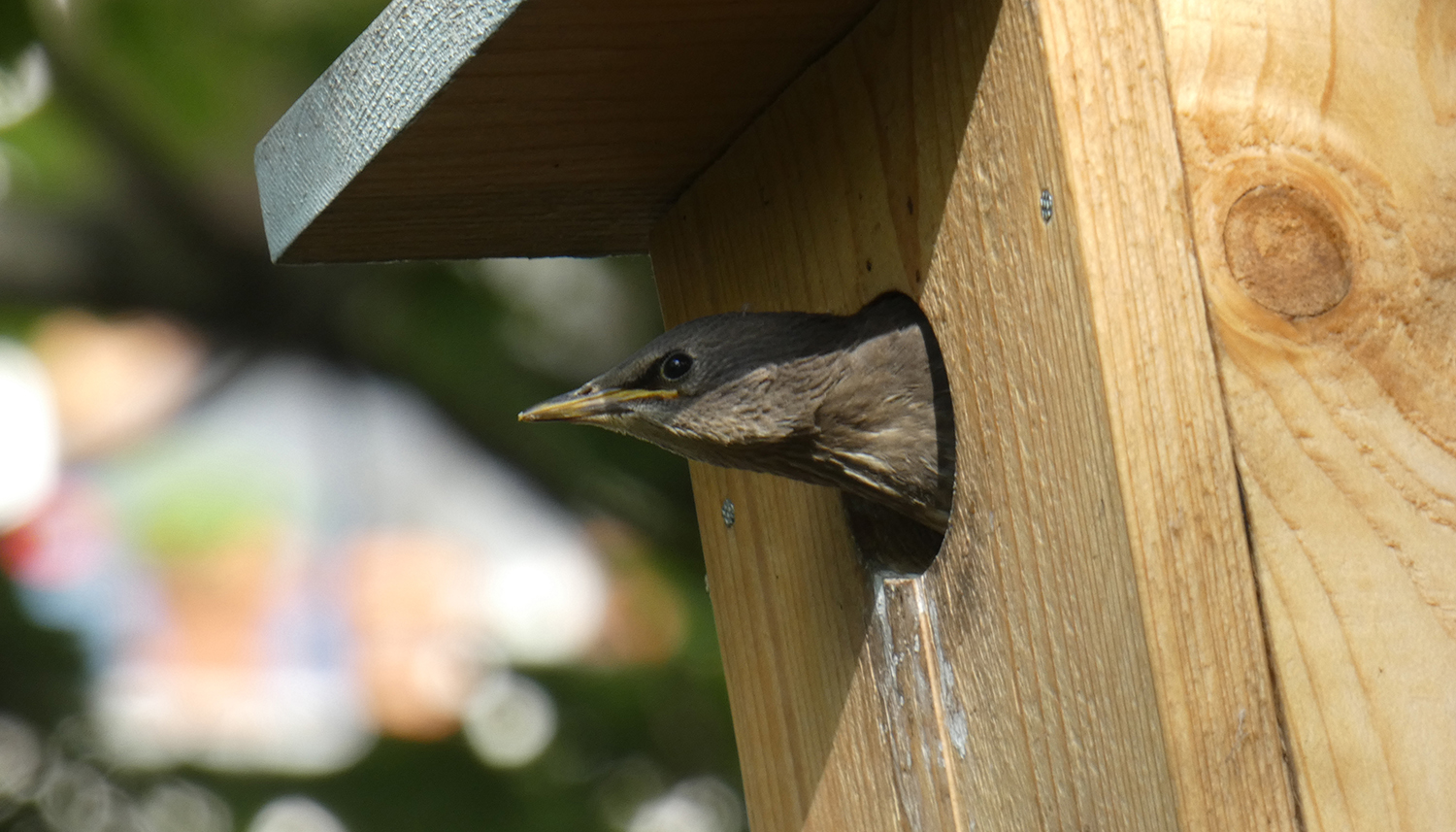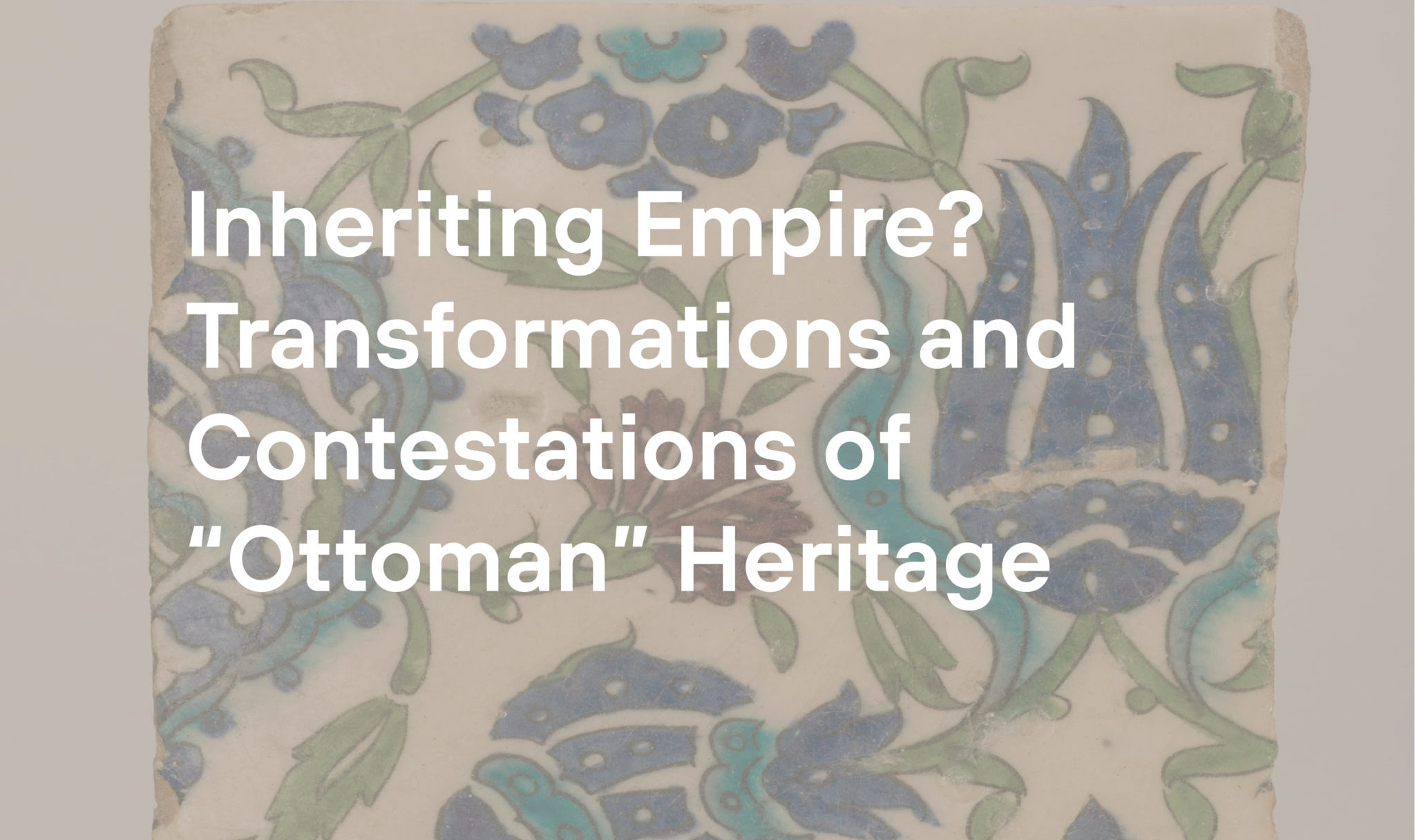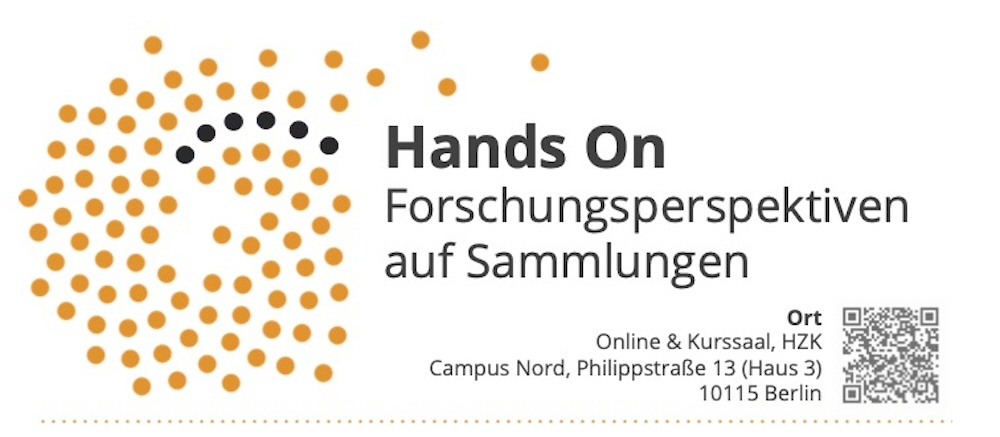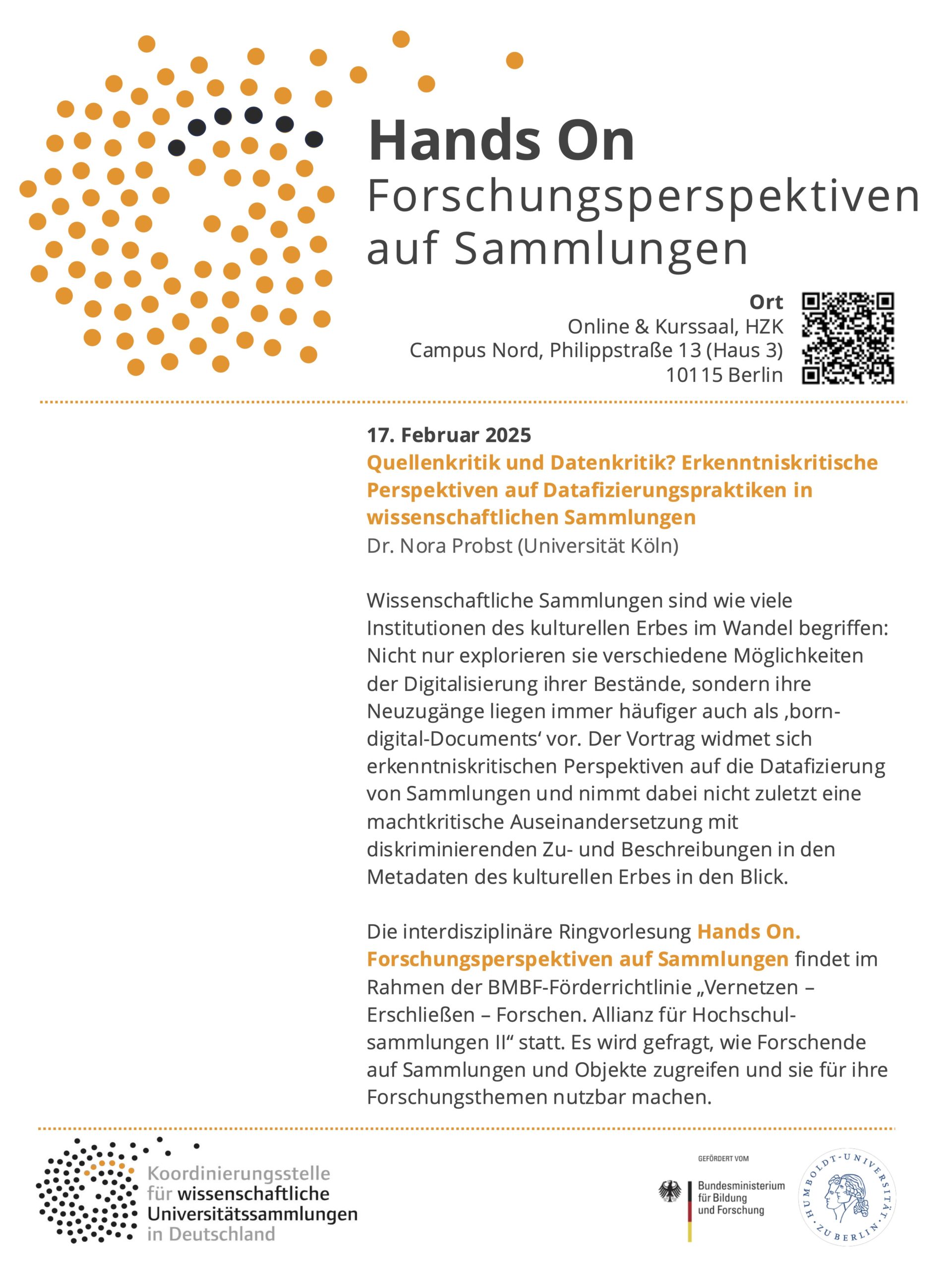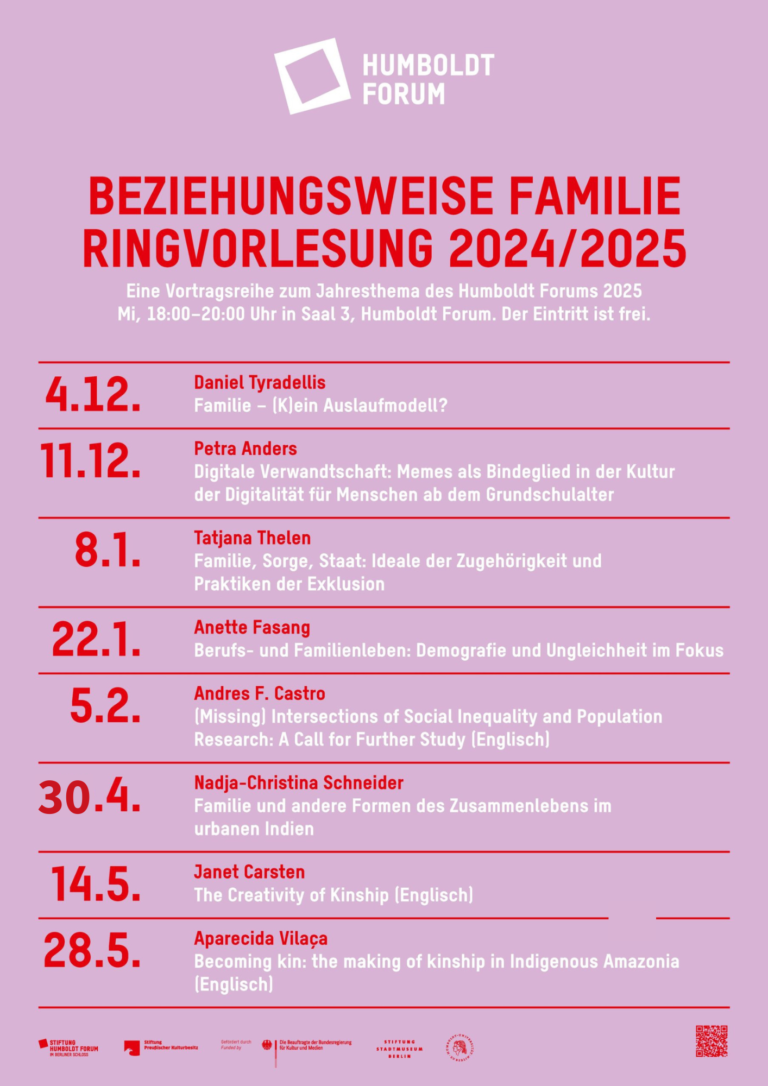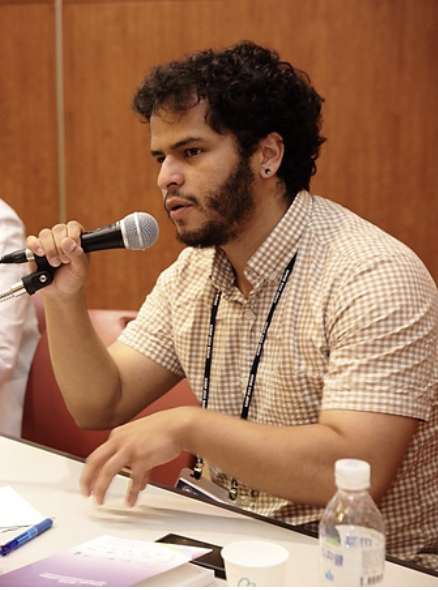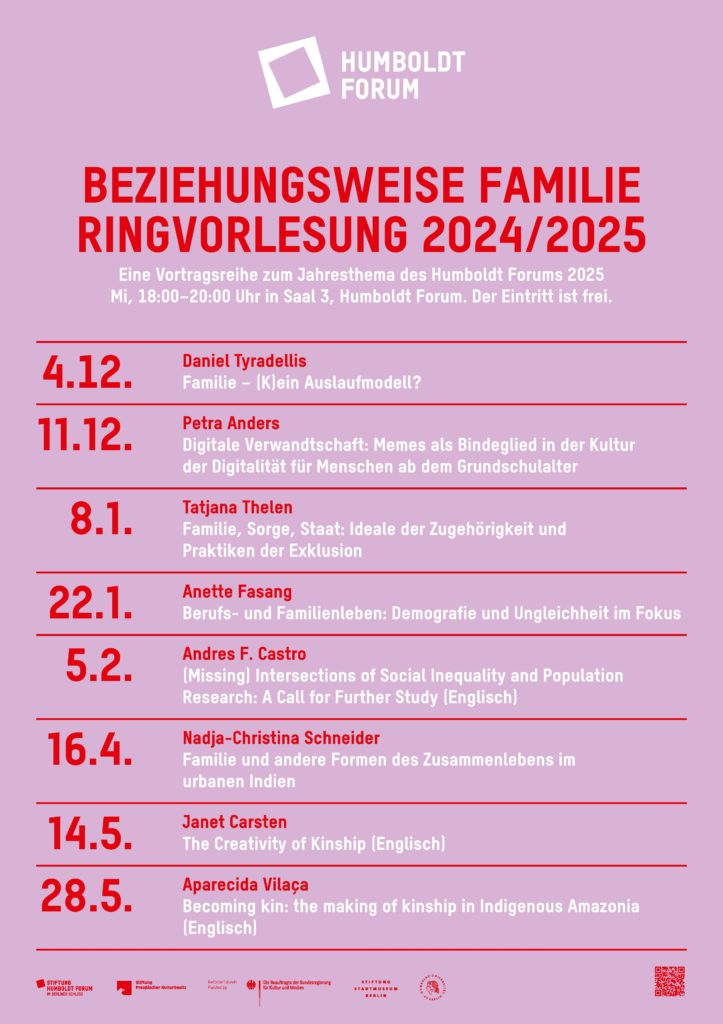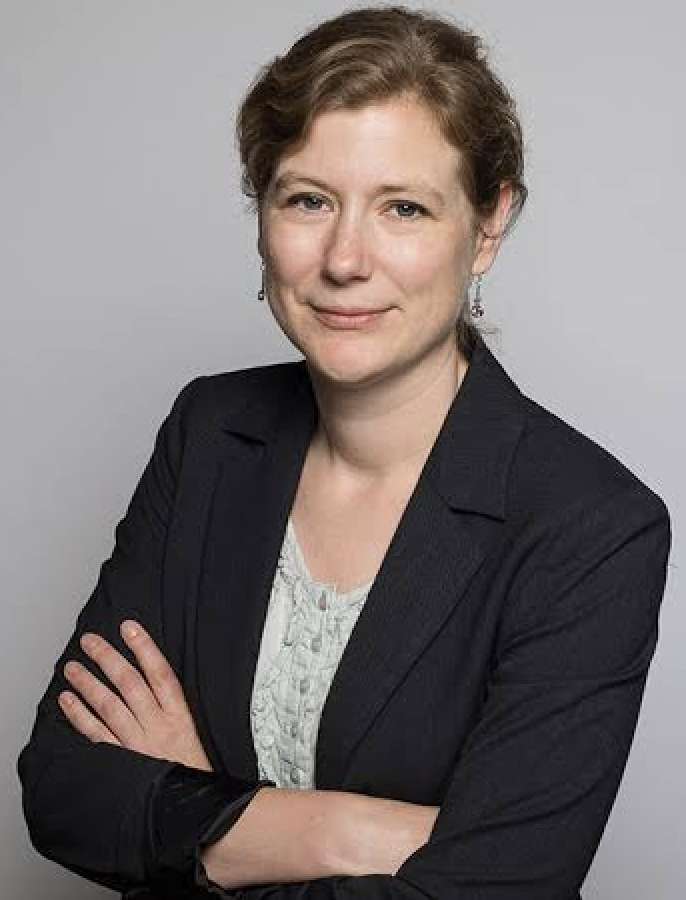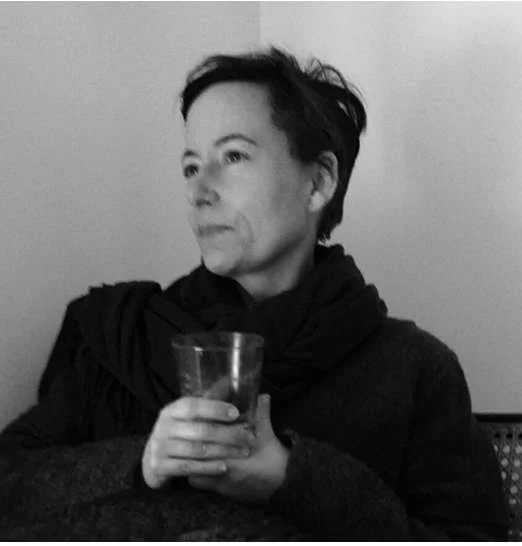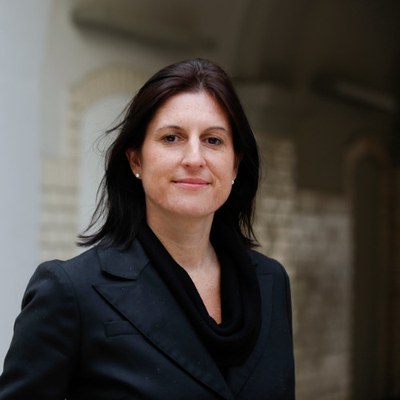On May 14, 2025 at 18:00 we invite you to the next date of the lecture series "Beziehungsweise Familie" (Family Matters):
The Creativity of Kinship
Prof. Dr. Janet Carsten (School of Social and Political Science, University of Edinburgh)
This lecture questions conventional understandings of the family by reflecting on the imaginative, ethical, and creative qualities of everyday kinship over time – qualities that are often ignored by social scientists. Rather than constituting a realm of conservatism and normativity, as is generally assumed, I instead propose a historically nuanced understanding of kinship and relatedness that has change and transformation at its core. Here I revisit themes from my work over several decades, including research in a Malay village in the early 1980s, a study of adoptees’ searches for birth kin in Scotland, later urban research in hospital blood banks and clinical pathology labs in Penang and, most recently, work on the texture of marital lives in the ethnically and culturally diverse world of contemporary Penang in Malaysia. I consider the ways in which ethical imagination, care and creativity expand the seemingly closed, conventional bounds of kinship. Searches for birth kin undertaken by adoptees expand their horizons of familial relations, demanding ethical reflection about family relations and about the constitution of the self. Marriage draws new elements into the heart of kinship, and is a source of change and renewal under the persuasive guise of continuity and convention. It requires a constant process of adjustment and accommodation – or refusal of accommodation – to a spouse and their relatives. Selectively and cumulatively, intimate familial processes of ethical imagination constitute and enable political transformation. These processes, I argue, are at the heart of the generativity and creativity of kinship, and its contribution to historical and political change.
The lecture will be held in English.
Participation is possible without pre-registration and is open to all interested parties.
Organiser:
Prof Dr Daniel Tyradellis (Humboldt-Universität zu Berlin)
Dr Alia Rayyan (Humboldt-Universität zu Berlin)
Dr Laura Goldenbaum (Humboldt Forum Foundation in the Berlin Palace)
Place and time:
14 May 2025,
6 to 8 pm
in Room 3 (Saal 3), ground floor,
Humboldt Forum, Schlossplatz.
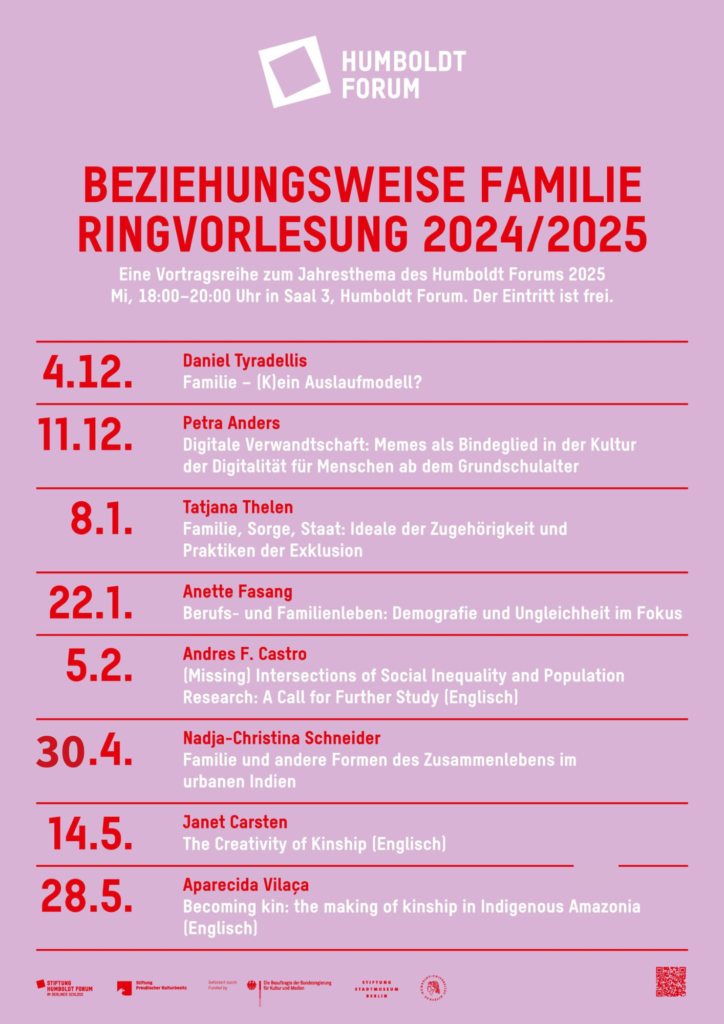
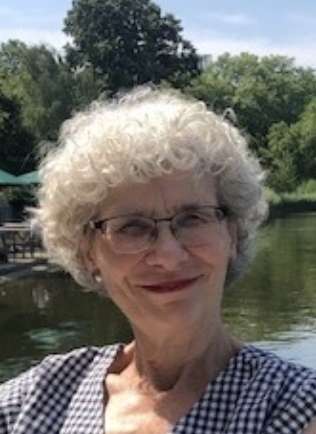
Prof. Dr. Janet Carsten is Emeritus Professor of Social and Cultural Anthropology at the University of Edinburgh. Her research focuses on the anthropology of kinship with particular reference to Malaysia and Britain; it encompasses domestic relations, gender, historical migration, the house, adoption reunions, and kinship and memory. She has worked on ideas about bodily substance, and the interface between popular and medical ideas about blood in Malaysia and Britain. Janet Carsten is a Fellow of the British Academy and of the Royal Society of Edinburgh, and a Member of Academia Europaea. She has recently held an ERC Advanced Grant to examine contemporary transformations of marriage in global perspective. Among other works, she is the author of After Kinship (2004) and Blood Work: Life and Laboratories in Penang (2019).
